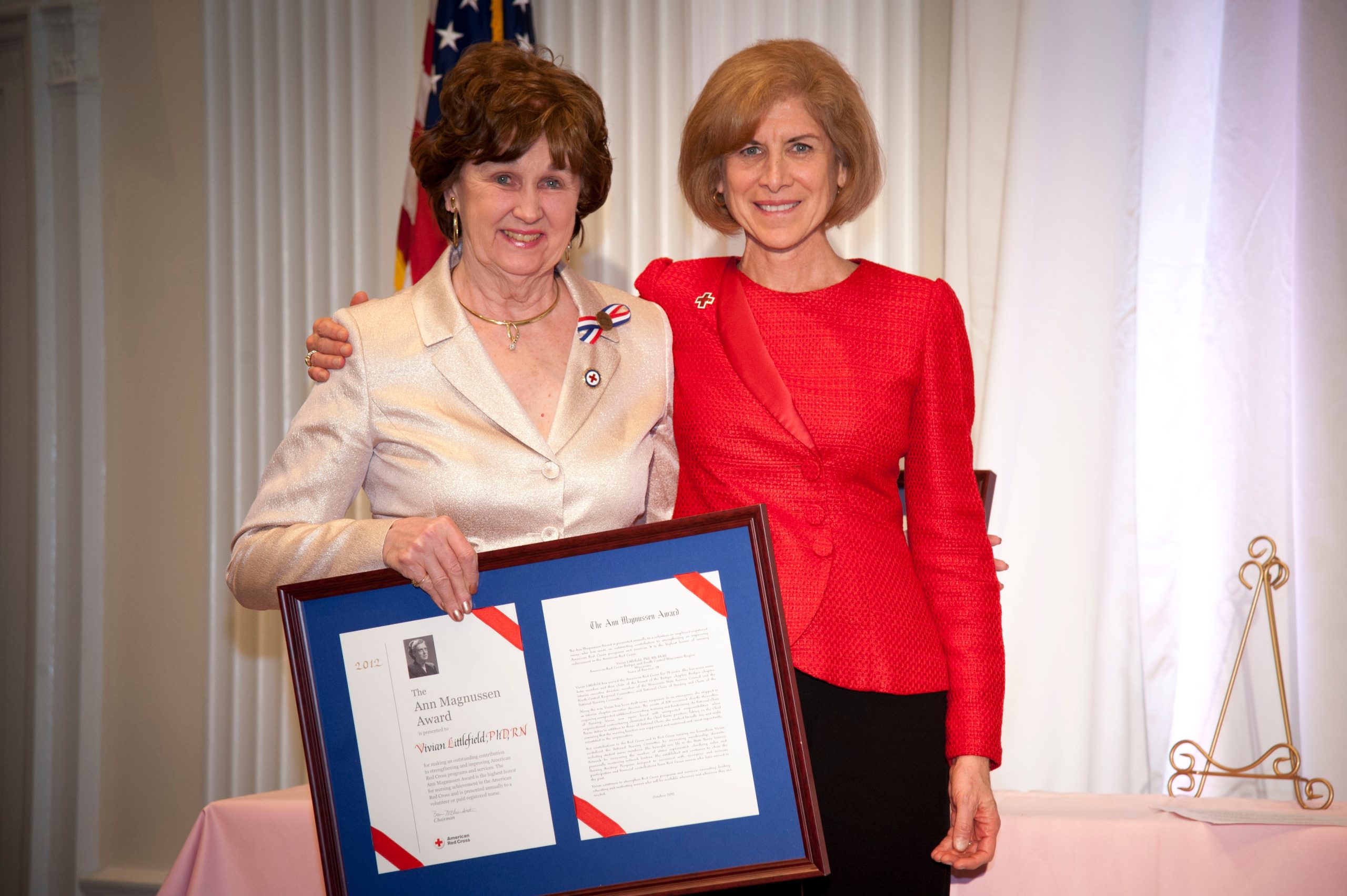Blood
Red Cross announces national blood shortage
Blood donations urgently needed for hospital patients in wake of back-to-back climate disasters and critical summer shortfall
The American Red Cross national blood supply has fallen to critically low levels—dropping nearly 25%– since early August, and potentially threatening the medical care of patients with an emergency need for blood, or those living with critical conditions such as cancer and sickle cell disease and who depend on lifesaving blood transfusions. Back-to-back months of worsening climate-driven disasters have further strained the blood supply, resulting in blood drive cancelations and reducing much needed blood and platelet donations in affected areas.
Donors of all blood types are urgently needed, and there is an emergency need for platelet donors and type O blood donors to make an appointment to give now to ensure patients across the country continue to receive critical medical care. To make an appointment to give blood or platelets, donors can use the Red Cross Blood App, visit RedCrossBlood.org or call 1-800-RED CROSS (1-800-733-2767).
Across the southeastern U.S., Hurricane Idalia caused more than 700 units of blood and platelets to go uncollected. This compounds other challenges experienced by the organization this summer to collect a sufficient number of blood products. Donor turnout in August dropped on the heels of one of the busiest travel seasons on record and back-to-school activities, contributing to a 30,000-donation shortfall in August alone.
“For so many patients living with urgent medical care needs, crises don’t stop with natural disasters,” said Dr. Pampee Young, chief medical officer for the American Red Cross. “In fact, in some instances the stress of a disaster can lead to a medical crisis for some individuals battling sickle cell disease. The need for blood is constant. Every two seconds, someone in the U.S. needs blood—an often-invisible emergency that the rest of the world doesn’t see behind closed hospital doors. Now, that urgency has only heightened.”
Right now, blood product distributions to hospitals are outpacing the number of blood donations. Approximately 2,500 hospitals and transfusion centers across the country rely on the Red Cross to collect 12,500 blood donations each day to meet the needs of their patients.
SICKLE CELL AWARENESS MONTH
September is Sickle Cell Awareness Month, an important time to raise awareness about the more than 100,000 individuals with sickle cell disease in the U.S. Most people with the disease are of African descent and require regular blood transfusions to help manage their disease. For students with sickle cell disease, the challenges of missing school due to sickle cell pain crises, hospitalizations and medical appointments can create social isolation.
This is why in September and October the Red Cross is launching Joined by Blood and teaming up with partners in the Black community — such as 100 Black Men of America, Inc., Kier’s Hope Foundation, Inc. and others — to host blood drives and encourage blood donors who are Black to support the blood transfusion needs of patients with sickle cell disease. Joined by Blood is a fall activation of the Red Cross Sickle Cell Initiative which represents the powerful connection between blood donors and patients, since 1 in 3 African American blood donors are a match for people with sickle cell disease.
In thanks for helping to replenish the blood supply this month, all who come to give blood, platelets or plasma Sept. 1-18 will receive a limited-edition Red Cross T-shirt, while supplies last. The Red Cross is also offering free sickle cell trait screening for people who self-identify as African American or multiracial. Those who come to give throughout September will also receive a coupon for a free haircut by email, thanks to Sport Clips Haircuts. Plus, they’ll be automatically entered for a chance to a win a VIP NASCAR racing experience. Details are available at rcblood.org/racetogive.

